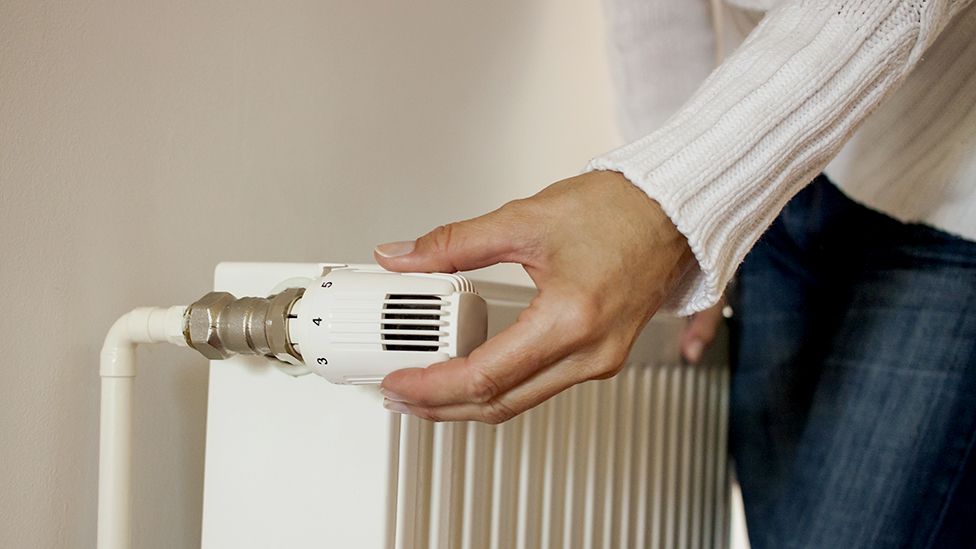The energy watchdog has instructed suppliers to halt the installation of forced prepayment meters for the following six weeks.
Energy companies received a letter from Ofgem on Wednesday ordering them to stop remote transfers and forced installations of prepayment meters until the end of March 2023.
Ofgem claimed that every domestic supplier had consented to do so.
Prepayment meter usage by businesses and potential rule changes will be discussed by the regulator.
It will release an update on the scope and schedule of its Market Compliance Review regarding prepayment meter warrant installations and remote mode switching next week, on February 21.
Following the revelation that British Gas agents had entered vulnerable people's homes to install meters, energy companies halted forced meter installations.
Chris O'Shea, the CEO of Centrica, the company that owns British Gas, told the BBC after The Times had published the story: "It is completely unacceptable. ".
"The energy crisis is no justification for unacceptable behavior toward any customer, especially those in vulnerable circumstances," said Ofgem. ".
A review of the use of court warrants to enter the homes of customers who are in arrears was requested, and suppliers were asked to suspend installations.
British Gas announced that it would stop forcibly installing prepayment meters at least until the end of the winter. The suspension will last until spring, according to the letter from last Wednesday.
According to the letter, Ofgem asked suppliers to stop forcing installations at a meeting last week.
For the avoidance of doubt, it was stated that: "This includes ceasing installation by warrant, ceasing the remote mode switch of smart meters to pre-payment without express consent from the customer, and ceasing new applications to court for installation warrants - unless theft is suspected. ".
According to Ofgem, some suppliers had issued warnings that uncollectible debts might increase if prepayment meters couldn't be installed.
Suppliers claimed that would raise their expenses, which might result in other customers receiving higher bills.
In order to "determine what action we need to take," the regulator stated that it was carefully examining how customer debts affected suppliers' costs.
More than four million households in the UK use prepayment meters. According to the current laws:
- The energy that customers use is pre-paid, either through an account or a top-up card. There is access to emergency credit.
- Due to the costs associated with suppliers, the cost of energy per unit is higher than direct debit. For those who are already in debt to a supplier, it is occasionally their only choice.
- Using a smart meter or a court order, some customers who don't pay their bills on time may be forced to switch to prepayment.
- Before installing a prepayment meter, suppliers are required to have explored all other options. They should also avoid doing so for customers who are elderly or have young children.
Following Ofgem's consultation, which will involve speaking with energy providers, consumer groups, and charities, they might be altered to take into account the rules and guidance regarding the use of pre-payment meters not only in "the current exceptional circumstances," but also in the future.







